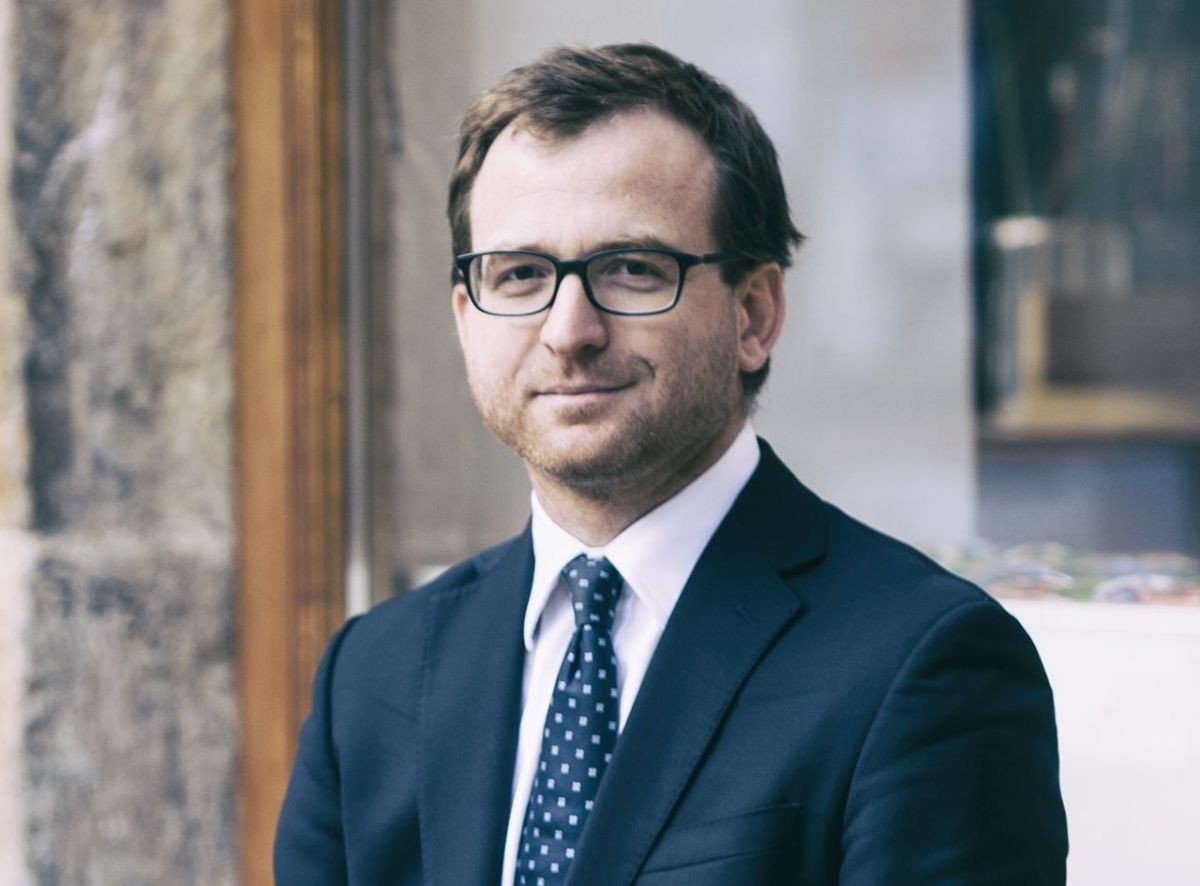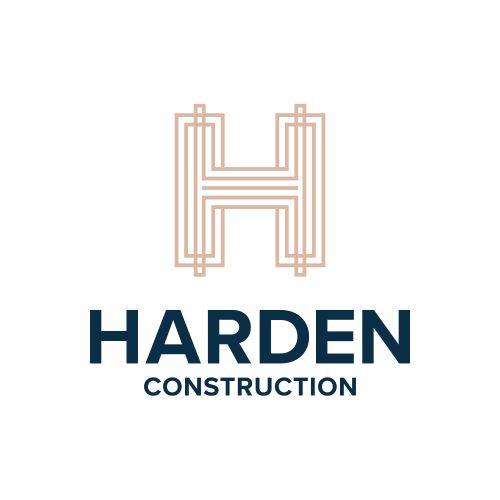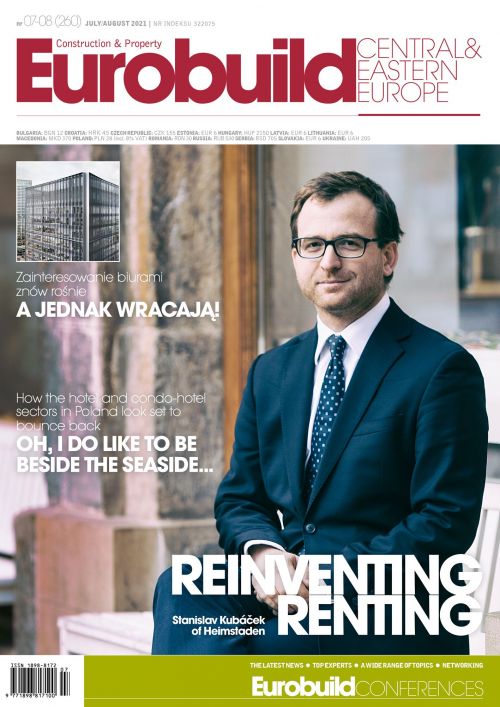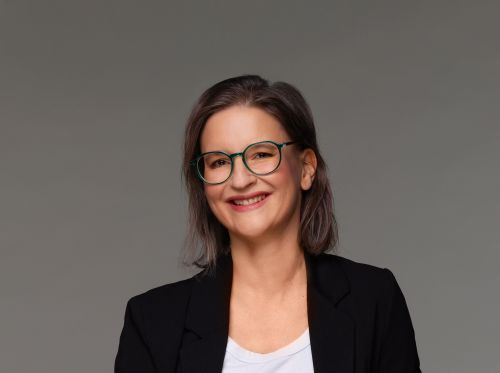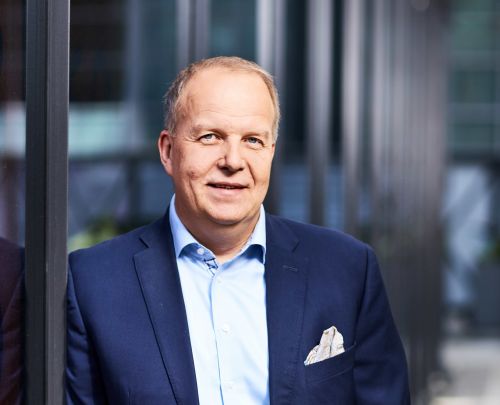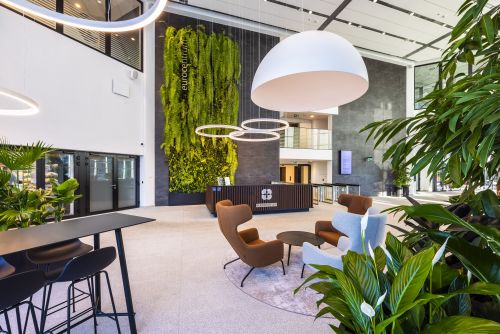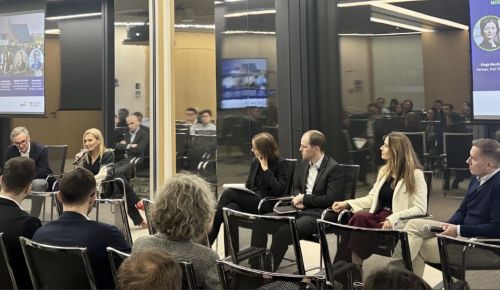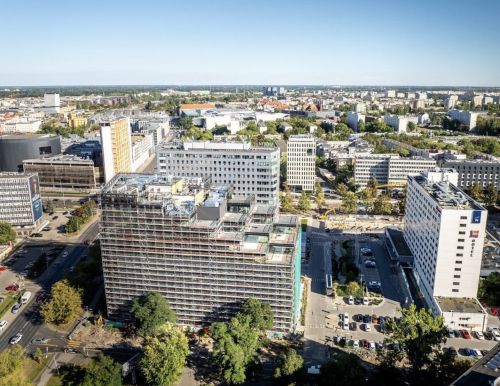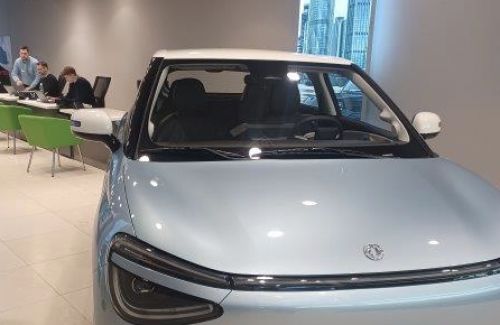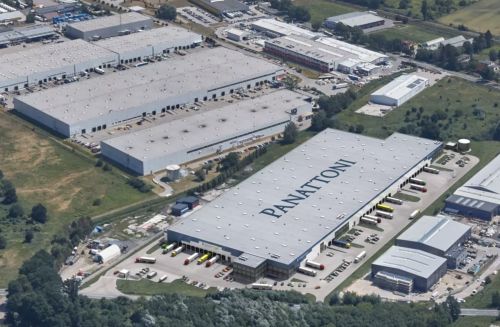Nathan North, ‘Eurobuild CEE’: Your company entered the Polish market late last year and has since signed a number of other contracts with Polish developers. Could you sum up for us your general approach and strategy?
Stanislav Kubáček, the head of Heimstaden’s acquisition team for Germany and the CEE region: Heimstaden is a long-term owner and operator of rental housing – we are not looking to sell any of our portfolio. In that way we are more like a corporation than a buy-and-sell investor. And since we’re in this for the long term, we have devised our own ‘Friendly Homes’ concept, to give rental housing more of a human touch. This involves additional services, such as a reception, parcel pick-up points, a playground and the use of sustainable energy.
How big is Heimstaden now, in terms of its portfolio? And how have you gone about growing it?
From being a company set up in Sweden more than 20 years ago, we are now present in ei
